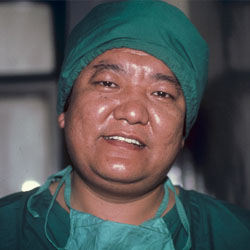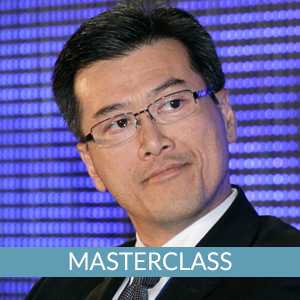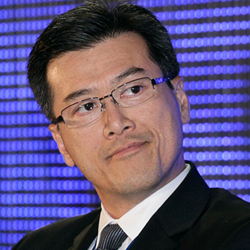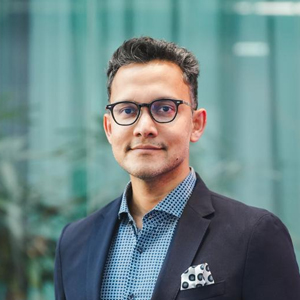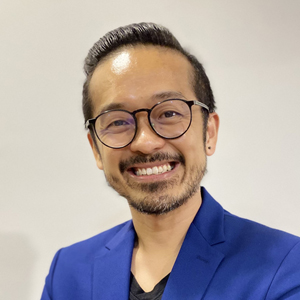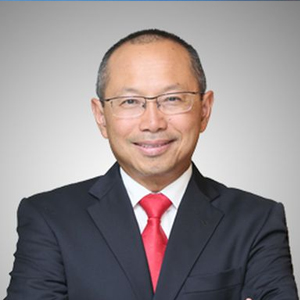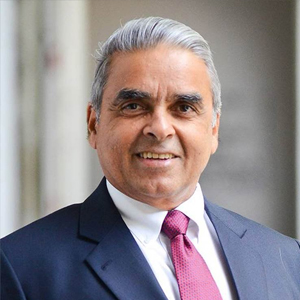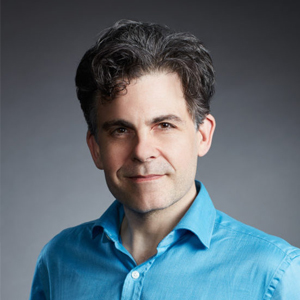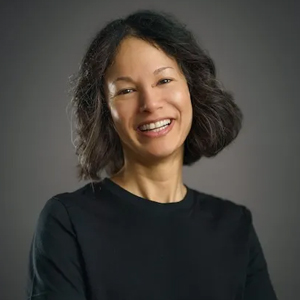Cataracts, bane of the aging, are like clouds that gather over the eyes. They are the most common cause of blindness in Asia. In Nepal alone some half a million people are affected, the majority of whom live in remote areas where the curse of blindness is magnified by a harsh terrain and pervasive poverty. Yet, most of these people need not be blind at all, says Dr. Sanduk Ruit. Only the absence of medical care condemns them to darkness. Ruit, an eye surgeon and medical director of the Tilganga Eye Centre in Kathmandu, wants them to see again.
Sanduk Ruit was born in a mountain area of Nepal so poor and remote that the nearest school was eleven days away, by foot. Diligence brought him a scholarship to be educated in India. When he was seventeen, his older sister died of tuberculosis and this painful loss led him to medicine. Upon completing medical school in India, he returned to Nepal as a government health officer. Following an assignment with the WHO Nepal Blindness Survey in 1980, he completed a residency in ophthalmology. Later, in Australia, he learned from his friend and mentor Dr. Fred Hollows the latest techniques in cataract microsurgery using implanted intraocular lenses. By 1988, he was introducing the new techniques in Nepal.
There, Ruit faced the resistance of local eye surgeons. He patiently taught them the new procedures and began to win converts. With backing from the Nepal Eye Program Australia, he began trekking to Nepal’s far-flung towns to conduct eye camps, on-the-spot surgeries in which he almost instantly restored the sight of grateful country folk, hundreds at a time. While doing so, Ruit devised techniques to achieve hospital-quality standards of precision and sterility under makeshift conditions. These included his now-famous suture-less procedure that speeds cataract surgery and reduces patients’ recovery time.
Ruit opened the Tilganga Eye Centre (TEC) in 1994. It has become the hub of an ambitious expansion of eye-care services. In partnership with the Himalayan Cataract Project, TEC today manages six regional primary eye-care centers in Nepal. It operates Nepal’s only successful eye bank. It trains eye-care paramedics, medical residents, and nurses as well as visiting surgeons from Asia, North America, Europe, and Australia who come to learn Dr. Ruit’s techniques. It also manufactures extremely high-quality intraocular lenses for surgery and makes these once exorbitant implants-nearly 1.5 million of them so far-available to needy recipients in some fifty countries for less than US $5.00 apiece. Meanwhile, the Centre treats three thousand patients a week and has performed more than ninety thousand operations since its inception. Surgery at TEC is inexpensive and prorated according to ability to pay; the poor pay nothing at all.
Today, Ruit’s mobile eye camps have expanded to China, India, Bangladesh, Cambodia, and even to North Korea, where in June 2006 he and his team performed sight-restoring surgery on over 1,000 patients in six days. In electing Sanduk Ruit to receive the 2006 Ramon Magsaysay Award for Peace and International Understanding, the board of trustees recognizes his placing Nepal at the forefront of developing safe, effective, and economical procedures for cataract surgery, enabling the needlessly blind in even the poorest countries to see again.
